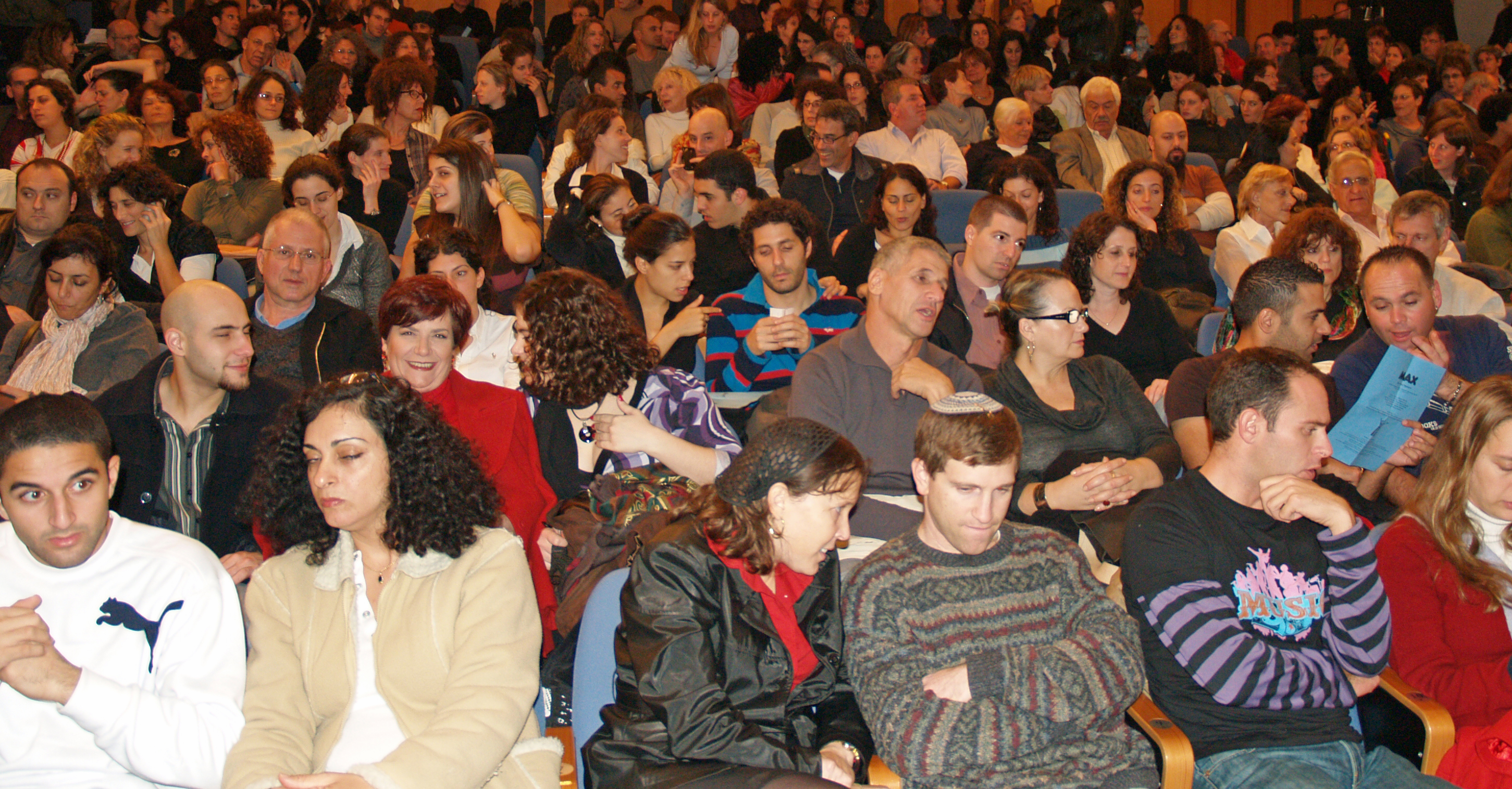|
Clinic (music)
A musical clinic is an informal meeting with a guest musician, where a small-to-medium-sized audience questions the musician's styles and techniques and also how to improve their own skill. The musician might perform an entire piece, or demonstrate certain techniques for the audience to observe. The objective is for the audience to learn from the guest musician. A musical clinic can apply to any type of musical instrument, music or player. The clinics are often held at musical instrument stores. See also * Master class ''Master Class'' is a 1995 play by American playwright Terrence McNally, presented as a fictional master class by opera singer Maria Callas near the end of her life, in the 1970s. The play features incidental vocal music by Giuseppe Verdi, Giac ... References Music education {{music-education-stub ... [...More Info...] [...Related Items...] OR: [Wikipedia] [Google] [Baidu] |
Musician
A musician is someone who Composer, composes, Conducting, conducts, or Performing arts#Performers, performs music. According to the United States Employment Service, "musician" is a general Terminology, term used to designate a person who follows music as a profession. Musicians include songwriters, who write both music and lyrics for songs; conductors, who direct a musical performance; and performers, who perform for an audience. A music performer is generally either a singer (also known as a vocalist), who provides vocals, or an instrumentalist, who plays a musical instrument. Musicians may perform on their own or as part of a Musical ensemble, group, band or orchestra. Musicians can specialize in a musical genre, though many play a variety of different styles and blend or cross said genres, a musician's musical output depending on a variety of technical and other background influences including their culture, skillset, life experience, education, and creative preferences. A ... [...More Info...] [...Related Items...] OR: [Wikipedia] [Google] [Baidu] |
Audience
An audience is a group of people who participate in a show or encounter a work of art, literature (in which they are called "readers"), theatre, music (in which they are called "listeners"), video games (in which they are called "players"), or academics in any medium. Audience members participate in different ways in different kinds of art. Some events invite overt audience participation and others allow only modest clapping and criticism and reception. Media audience studies have become a recognized part of the curriculum. Audience theory offers scholarly insight into audiences in general. These insights shape our knowledge of just how audiences affect and are affected by different forms of art. The biggest art form is the mass media. Films, video games, radio shows, software (and hardware), and other formats are affected by the audience and its reviews and recommendations. In the age of easy internet participation and citizen journalism, professional creators share space, and ... [...More Info...] [...Related Items...] OR: [Wikipedia] [Google] [Baidu] |
Musical Piece
Musical composition can refer to an original piece or work of music, either vocal or instrumental, the structure of a musical piece or to the process of creating or writing a new piece of music. People who create new compositions are called composers. Composers of primarily songs are usually called songwriters; with songs, the person who writes lyrics for a song is the lyricist. In many cultures, including Western classical music, the act of composing typically includes the creation of music notation, such as a sheet music "score", which is then performed by the composer or by other musicians. In popular music and traditional music, songwriting may involve the creation of a basic outline of the song, called the lead sheet, which sets out the melody, lyrics and chord progression. In classical music, orchestration (choosing the instruments of a large music ensemble such as an orchestra which will play the different parts of music, such as the melody, accompaniment, counter ... [...More Info...] [...Related Items...] OR: [Wikipedia] [Google] [Baidu] |
Musical Instrument
A musical instrument is a device created or adapted to make Music, musical sounds. In principle, any object that produces sound can be considered a musical instrument—it is through purpose that the object becomes a musical instrument. A person who plays a musical instrument is known as an ''#Instrumentalist, instrumentalist''. The history of musical instruments dates to the beginnings of human culture. Early musical instruments may have been used for rituals, such as a horn (music), horn to signal success on the hunt, or a drum in a religious ceremony. Cultures eventually developed composition and performance of melody, melodies for entertainment. Musical instruments evolved in step with changing applications and technologies. The exact date and specific origin of the first device considered a musical instrument, is widely disputed. The oldest object identified by scholars as a musical instrument, is Divje Babe flute, a simple flute, dated back 50,000–60,000 years. Many scho ... [...More Info...] [...Related Items...] OR: [Wikipedia] [Google] [Baidu] |
Master Class
''Master Class'' is a 1995 play by American playwright Terrence McNally, presented as a fictional master class by opera singer Maria Callas near the end of her life, in the 1970s. The play features incidental vocal music by Giuseppe Verdi, Giacomo Puccini, and Vincenzo Bellini. The play opened on Broadway in 1995, with stars Zoe Caldwell and Audra McDonald winning Tony Awards. Plot The opera diva Maria Callas, a glamorous, commanding, larger-than-life, caustic, and surprisingly funny pedagogue is holding a singing master class. Alternately dismayed and impressed by the students who parade before her, she retreats into recollections about the glories of her own life and career. Included in her musings are her younger years as an ugly duckling, her fierce hatred of her rivals, the unforgiving press that savaged her early performances, her triumphs at La Scala, and her relationship with Aristotle Onassis. It culminates in a monologue about sacrifice taken in the name of art. ... [...More Info...] [...Related Items...] OR: [Wikipedia] [Google] [Baidu] |



